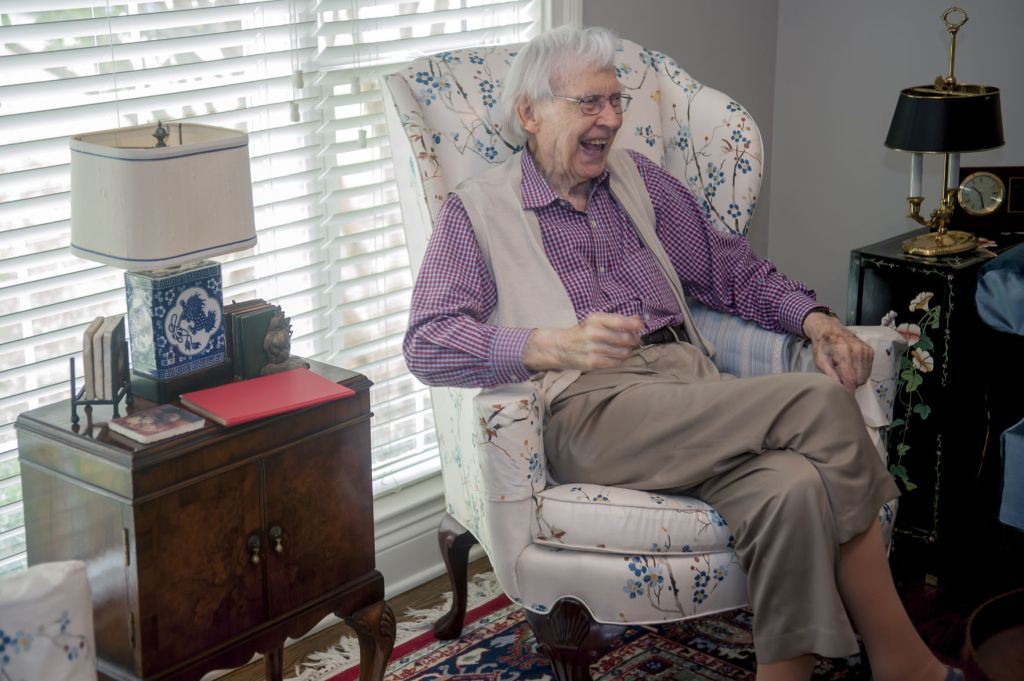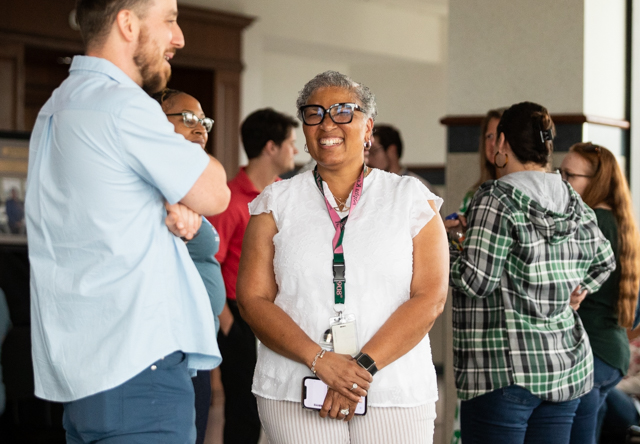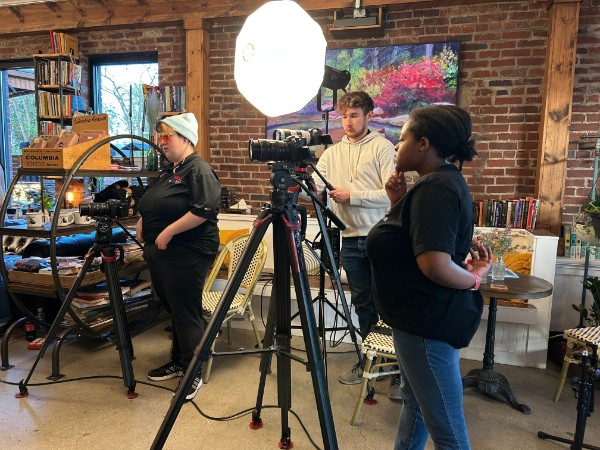Veteran of three major wars shares story
Published 6:00 pm Saturday, November 10, 2018

- Col. Arthur Kelly, a veteran of World War II, the Korean War, and the Vietnam War, tells some stories Monday, November 5, 2018, at his home in Bowling Green. (Bac Totrong/photo@bgdailynews.com)
As a veteran of World War II, the Korean War and the Vietnam War, retired Col. Arthur L. Kelly knows what it means to serve your country.
But he learned what war is when he was pinned down by machine gun fire, alone, on a Korean battlefield in 1952.
Trending
“All this stuff’s going through my mind quickly,” said Kelly, who didn’t know whether he’d see his family again or if he’d be buzzard food. “War is hell and war is crazy.”
Kelly, now 93 years old, is a native of Springfield and grew up on his family’s farm. He left a relatively sheltered life behind at 19 years old when he enlisted with the U.S. Army.
It all began during WWII, when he went overseas in May 1945 with the Army Corps of Engineers.
For Kelly, who was fresh out of high school, serving in the Philippines was a whole new world.
“Being a little country boy, I’d never been across a big river,” he joked.
Kelly’s military career eventually spanned 30 years and he earned three Legions of Merit, two Bronze Stars and an honorary doctoral degree from Morehead State University, among other honors. He’s also the author of “Battlefire! Combat Stories from World War II,” which explores the war from the perspectives of a dozen different veterans.
Trending
While in Korea in 1952, then Lt. Kelly served as an artillery forward observer and battery executive officer. He still remembers that hot day in August when he left his forward observation post and entered the no man’s land where he feared for his life.
While anxiously picking his way across a field, Kelly came under enemy machine gun fire. He remembers diving to the ground and just narrowly missing a mortar round that exploded into the ground a few feet away.
Kelly describes a feeling of time slowing down.
“I know I’m gonna get killed,” he said, describing how his mind went to his wife back home and his two children under the age of 3 at the time.
“Are they going to find me,” Kelly said of the questions that raced through his mind. “Are the buzzards going to eat me?”
Lying in the grass and the heat, it dawned on Kelly that the second round hadn’t come. That’s when he realized he was under the cover of the first round’s smoke. He made a break for it and escaped with his life.
While serving in Vietnam in 1967, Kelly helped get French reporter and former model Michele Ray-Gavras to safety after she was released by the Viet Cong while covering the war. She’s now a film producer in her 80s married to the director Costa-Gavras.
Kelly wasn’t always met with gratitude for his service, however. Back home, at Morehead State University, Kelly remembers confronting students who opposed the Vietnam War and his efforts to run an ROTC program on campus.
“They wanted ROTC off the campus,” he said, adding they were harassing military science students. “One day they spit on one of my cadets.”
In another instance, Kelly said, they called one of his students a “baby killer.”
Kelly decided to attend one of the anti-war activist group’s meetings. He remembers putting on his uniform, going to the meeting on a rainy night and sitting down in a chair at the front of the room to face them.
“This dog follows me in,” and shakes water all over me, he said. “I said ‘I bet you that dog is a member of the Student Mobilization Committee’ and they all laughed. So that kind of broke the ice a little bit.”
Through the meeting with the students, Kelly was able to negotiate a survey about how pleased military science students were with the instruction they were receiving in their classes. When the survey came back, the results proved his point, he said.
“The students said that the instruction was as good or better than the rest of the campus … and that the instructors were better,” Kelly said.
For Kelly, the cost of containing violence and bloodshed around the world has always been paid by soldiers willing to endure lifelong wounds and risk their lives. Those sacrifices are worth remembering, he said.
“You’re going to suffer and you’re going to be frightened out of your mind.” he said. “You might get hurt and be permanently wounded … and that’s real.”







